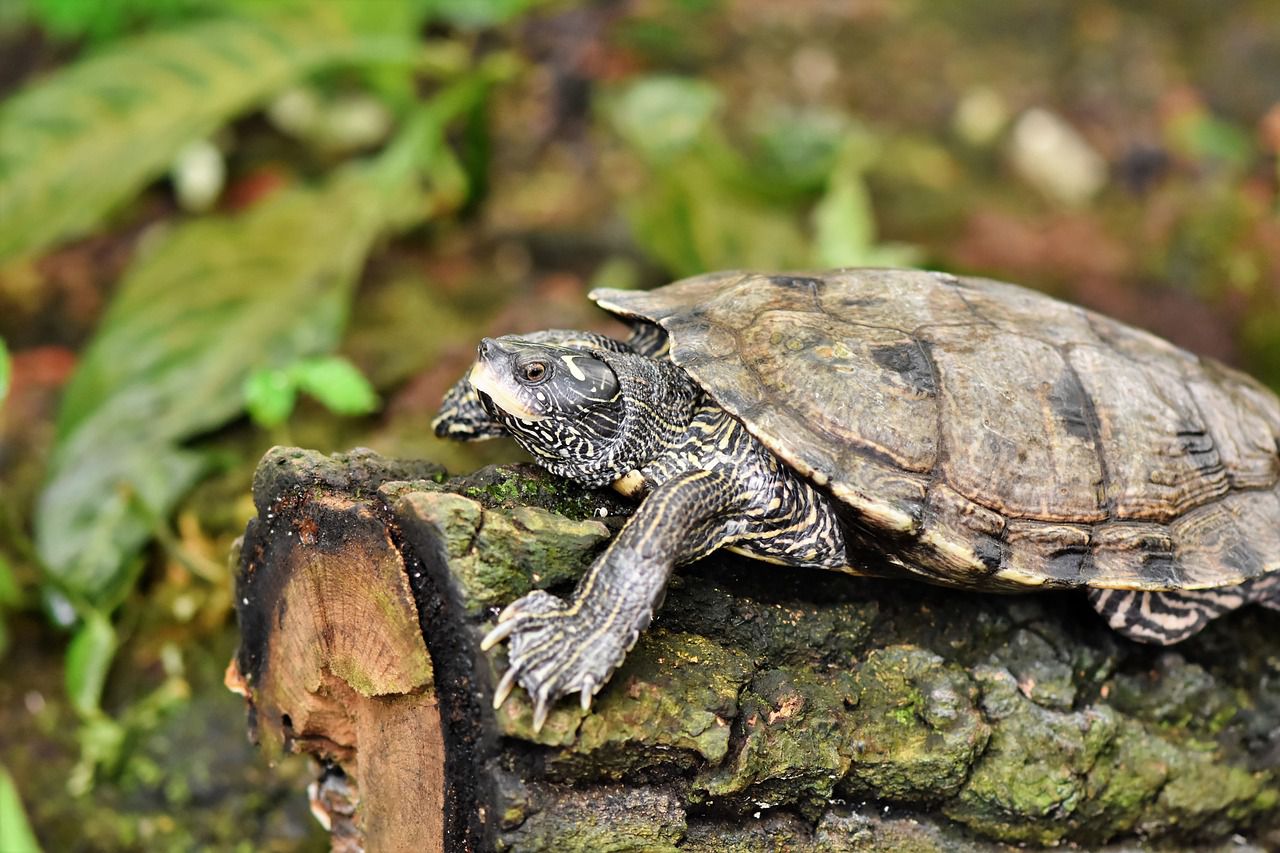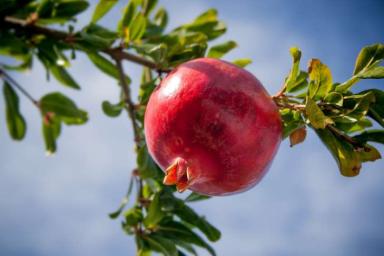Like other reptiles, tortoises have brumation - a process that is pretty close to hibernation.
During that time, they save their energy, and it seems like they go to sleep for a really long period of time.
But why does it happen?
Adaptation to seasonal changes
In the wild, tortoises live in regions with distinct seasons.
During winter or cooler months, the availability of food decreases, and temperatures drop.

To conserve energy and survive unfavorable conditions, tortoises have evolved to enter brumation.
Temperature regulation
Tortoises are ectothermic creatures, meaning they rely on external sources to regulate their body temperature.
During brumation, tortoises find a suitable place to burrow or retreat, such as a burrow, underground, or in a protected area.
That's how they conserve energy and maintain a more stable body temperature despite the cold ambient temperatures.
Metabolic slowdown
When a tortoise enters brumation, its metabolism significantly slows down.
The tortoise's heart rate, respiration, and other bodily functions decrease, which helps them conserve energy.
This slowdown allows them to survive for an extended period without the need for regular feeding or activity.
Reproductive cycle
For some tortoise species, brumation plays a role in their reproductive cycle.
It helps regulate their hormone levels and prepare their bodies for successful reproduction in the following breeding season.









